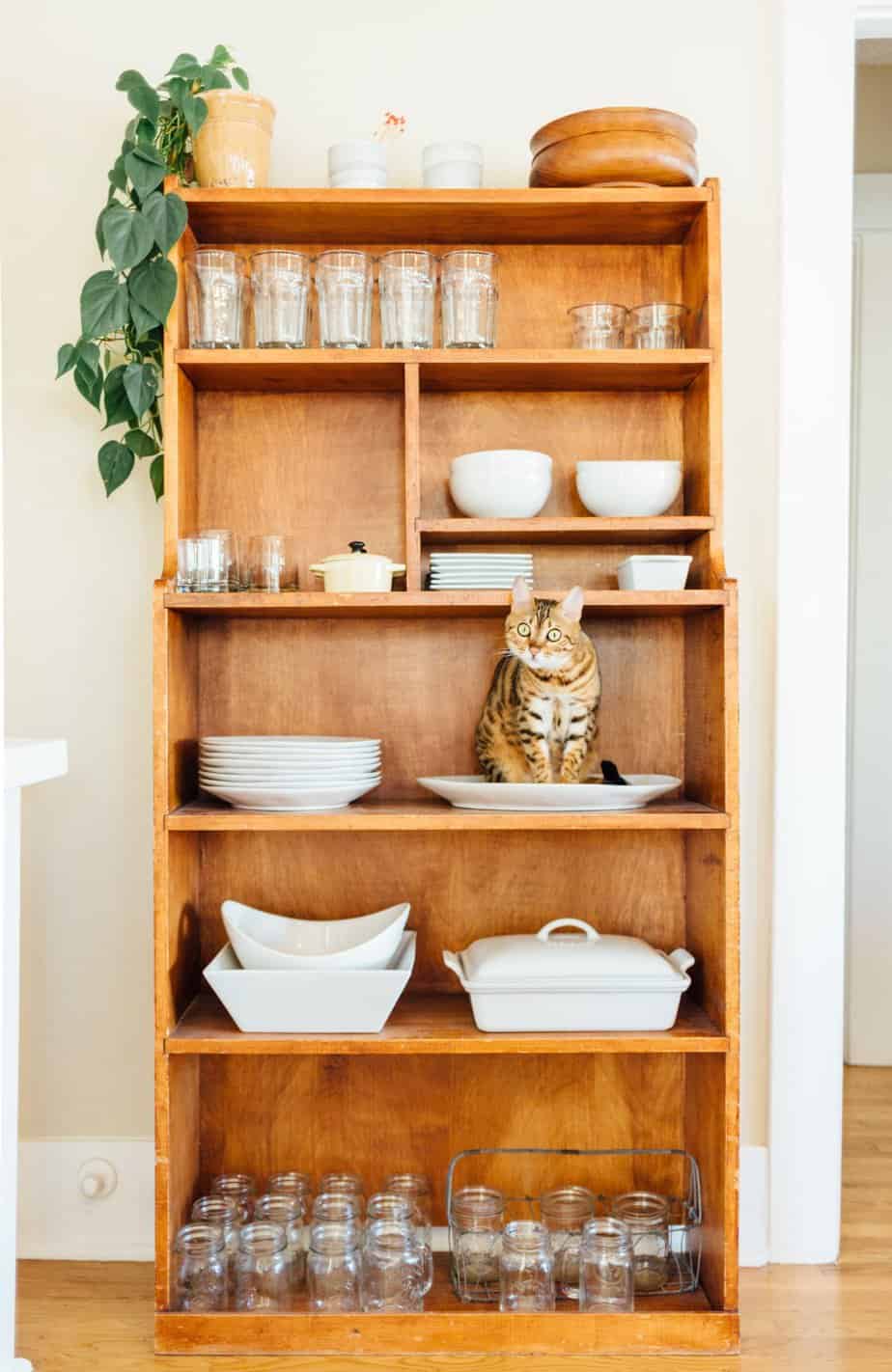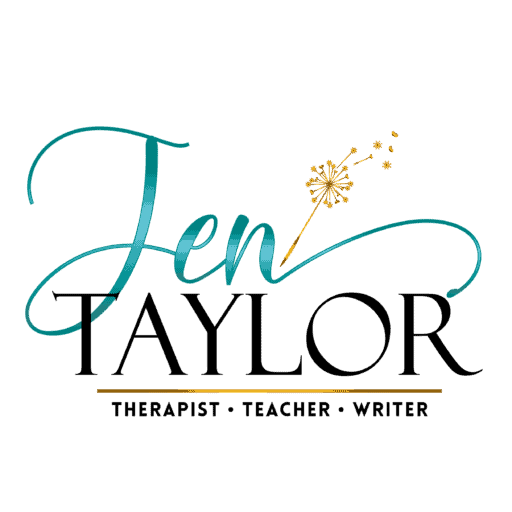In play therapy, there’s an interesting behavior that sometimes confuses new therapists.
Imagine a child walking into a therapy playroom filled with toys like a dollhouse, play kitchen, art supplies, and various other items.
Now, these rooms are typically pretty clean in the sense that we try to keep things in the same place every session so kids have a sense of predictability.

Despite things being "in their place" - many times kids will come in and spend the entire 50 minute session cleaning and organizing!
(And these are kids who are definitely not cleaning at home).
Nonetheless, kids will come in and remove every item from the dollhouse and then meticulously arrange all the furniture back one piece at a time. That might take a whole session. If time remains, they might move to the kitchen and repeat the process -removing every item and then stacking up each plate neatly next to each cup, etc.
This process can frustrate new therapists who wonder
"why isn’t this kid playing?"
They are playing - we tell them.
And they really are.
In fact, it might be some of the most important work they ever do in therapy.
Lessons from the book Joyful by Ingrid Fetell Lee
In the book, Joyful, Ingrid Fettell Lee discusses how our environments can make us feel happier - even joyful. She says:
"The JOY of order comes in large measure from what it opposes: chaos and disorder...It is a tangible manifestation of a vibrant harmony."

When tedious and exhausting yard work becomes joyful
This weekend we had to repair a piece of our fence. And so we had to take a section apart and then put it back together. Tedious but easy work but once it was finished - it looked good.
We felt good looking at our work.
So then, I started pulling a few weeds. (There’s never just a few weeds….btw). But I pulled the weeds and thought "boy that looks good!" And because the weeds looked so good, we started trimming the trees that caused the fence issue in the first place.
It was backbreaking, exhausting work.
But at the end of the day, we were really proud of ourselves.
We stood back and admired our work.
We made order out of chaos and the end result was joyful.
Play therapy isn’t always "fun" for kids (or for therapists).
Sometimes it’s work. But it can be really satisfying to take something apart and put it back together. Or to sort and organize things so they they look as close to perfect as you can get them.
When your world feels out of control, sorting and organizing a small piece of your environment can really bring a sense of peace and calm.
This is true of our physical environments, but also true for our inner worlds. The free month-end review journal worksheet is designed to organize your inner world. It takes the chaos of the entire month and helps you organize in a way that feels neat and orderly.
It's a joyful process for me....I'd love to hear how it works for you.

Journal Exercise For HARMONY
In her book, Joyful, Ingrid Fetell Lee says that
"Harmony offers visible evidence that some cares enough about a place to invest energy in it."
In your journal, finish these sentences.....
One place that I have harmony in my life is.....
One place where harmony is lacking is....
One place that I care about that I will invest more energy into is.....
by doing...
How did this work for you?
Let me know if these techniques worked for you by leaving a comment below.
P.S. I recently re-opened my business Facebook Page. If you want to follow me there, that might be fun - it's stuff like this but more often. 🙂
If you found this helpful, subscribe to the journaling mailing list and get the free month-end review that I talked about here.

0 comments